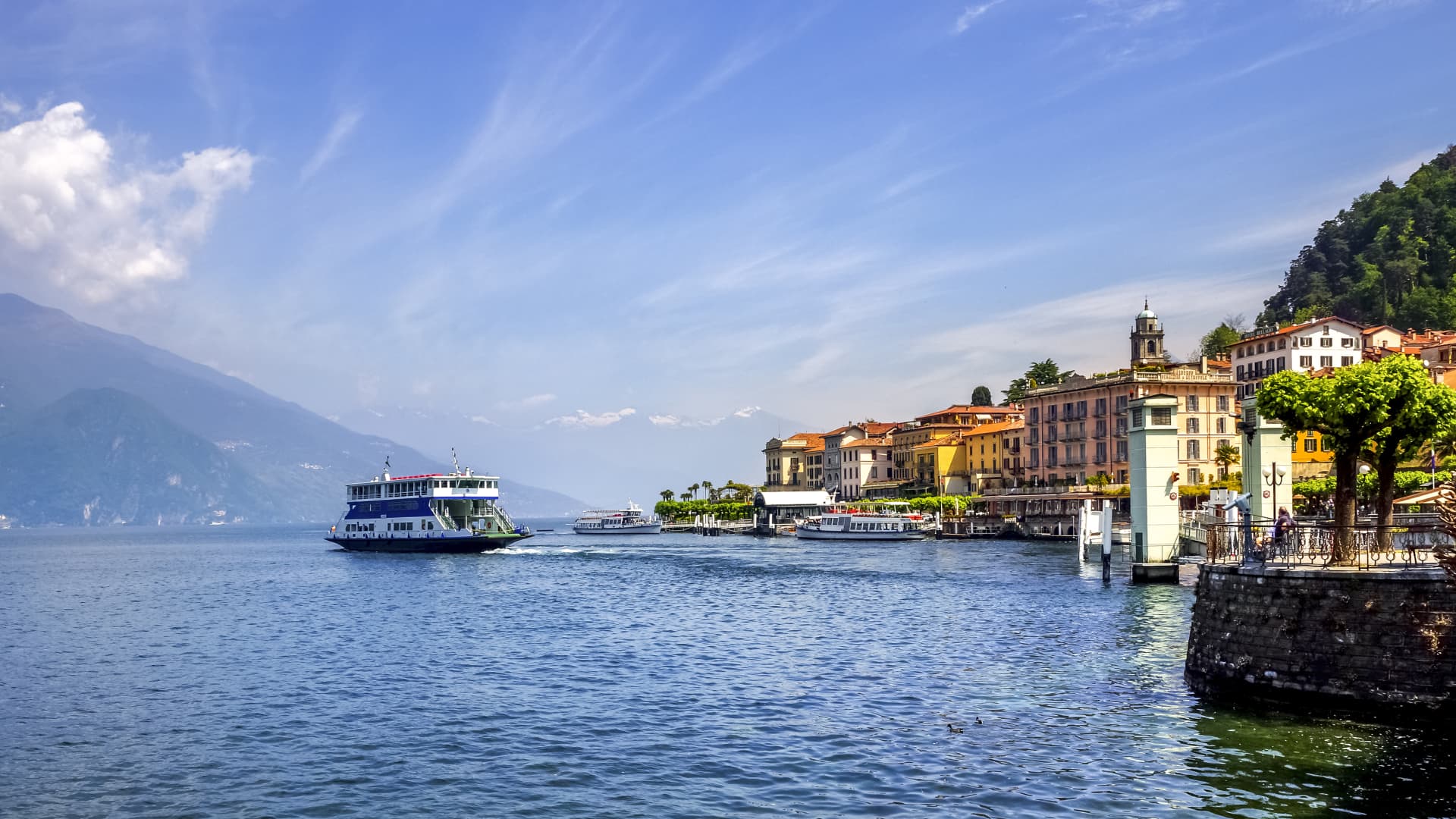Lake Como, located in the Lombardy region of northern Italy, is a breathtaking destination known for its beauty and tranquility. This scenic lake is surrounded by picturesque landscapes and offers a serene retreat for visitors who seek a break from the chaos of everyday life.
However, not every story associated with Lake Como is as peaceful as its surroundings. John and Roman Cresto, self-proclaimed e-commerce “experts,” used deceptive tactics to amass their wealth by promising unsuspecting consumers and investors the secret to success on platforms like Amazon and Walmart. These brothers flaunted their luxurious lifestyles on social media, using it as a tool to create a false image of success.
The Federal Trade Commission (FTC) has taken action against the Cresto brothers, highlighting the growing issue of deceptive e-commerce consultancies that target individuals and businesses entering the online marketplace. With the rise in online retail and marketplaces like Amazon and Walmart, there has been a surge in consultants and agencies claiming to have made fortunes in e-commerce and offering expensive courses with no guaranteed results.
The FTC has filed a lawsuit against the Cresto brothers, seeking a temporary ban on their business operations. According to the complaint, the Cresto brothers promised to expertly manage online stores on Amazon and Walmart, handling everything from product sourcing to order fulfillment. They charged exorbitant fees ranging from $10,000 to $125,000 for the initial investment, as well as additional funding of $15,000 to $80,000 for working capital.
However, the FTC alleges that less than 10% of the stores managed by Empire Ecommerce, the Cresto brothers’ company, generated any sales by June 2022. Amazon suspended or terminated most of these stores for policy violations related to intellectual property and dropshipping, while Walmart either never activated or terminated the majority of Empire’s storefronts due to policy violations.
Despite these setbacks, Empire continued to deceive consumers by recruiting affiliate marketers to post videos claiming to have made significant passive income through Empire’s services. The FTC alleges that this affiliate marketing scheme resulted in over 60 new clients and more than $1.5 million in commission fees for Empire, even though most clients actually lost money.
The suspensions imposed on Empire’s clients plunged them into debt, as Empire typically had them pay for inventory using credit cards. The FTC claims that Empire refused to refund victims who had paid thousands of dollars to Empire or for goods sold.
Allegedly, the Cresto brothers pocketed over $22 million from their clients and spent this money on luxury items such as high-end cars, vacations, and even a lavish wedding in Italy.
After selling Empire, the Cresto brothers launched a new business called Automators AI, which claims to teach consumers how to use artificial intelligence to become successful online sellers. The FTC alleges that this scheme is ongoing and continues to defraud consumers of tens of thousands of dollars.
Throughout these events, Amazon and Walmart have not yet responded to requests for comment from CNBC.
As the FTC investigation intensified, the Cresto brothers attempted to transfer their businesses to Daniel Cohen. However, Cohen is now suing them, accusing them of deceiving him about the true state of the business and using him to avoid responsibility. Cohen claims that the Crestos showed him misleading projections of a strong and profitable business.
Cohen’s lawsuit reveals emails from dissatisfied clients who felt scammed and betrayed by the Cresto brothers, as well as allegations of negligence and shady dealings.
Unethical actions were also evident in the legal representation of the Cresto brothers. Stubbs Alderton & Markiles initially agreed to serve as Cohen’s law firm, only to later inform him that they would now represent the Cresto brothers instead. This unexpected shift raises moral concerns regarding their handling of the cases.
The Cresto brothers and Stubbs Alderton & Markiles have not responded to CNBC’s requests for comment.
The case against the Cresto brothers highlights the importance of due diligence and cautiousness when dealing with e-commerce consultancies and online business opportunities. It serves as a reminder that success cannot be guaranteed, and extraordinary claims should be thoroughly examined before making any significant investments.
As e-commerce continues to thrive, it is crucial for consumers and businesses to navigate this landscape with awareness and skepticism towards potentially deceptive practices.
Denial of responsibility! VigourTimes is an automatic aggregator of Global media. In each content, the hyperlink to the primary source is specified. All trademarks belong to their rightful owners, and all materials to their authors. For any complaint, please reach us at – [email protected]. We will take necessary action within 24 hours.


